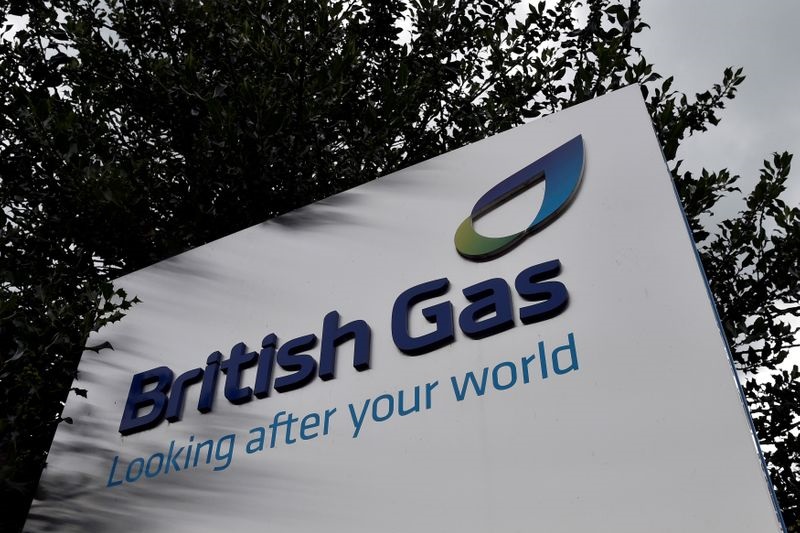Drax Group, Centrica PLC, SSE PLC, EDF and other companies generating energy renewable energy in the UK could receive new government contracts longer than a decade, potentially leading to consumers and businesses paying higher energy bills for longer, according to a committee of MPs.
The government is negotiating with providers of renewable and nuclear power as part of new prime minister Liz Truss’s plan to freeze energy bills for two years.
Generators are being asked to supply electricity below current market rates, as renewable energy providers are benefitting from high market prices due to the elevated price of natural gas and coal.
Even if natural gas prices, which drive wholesale electricity markets, don't capitulate further, having fallen over 40% in three weeks, then the energy companies should still be in the money for years for forgoing more super-normal profits this year and next.
It is being reported that new contracts could run for between 10 and 15 years.
The business, energy and industrial strategy committee has called for the terms of these renegotiated contracts to "receive proper parliamentary scrutiny", as they may risk "locking in higher prices over the longer term" as well as continuing "excessive" subsidies for questionable technologies, such as Drax 's biomass burning.
On the morning that the Queen died, the committee released a statement from chairman Darren Jones, questioning the wisdom of the policy's structure.
“Although many are relieved that their energy bills will rise little further for the time-being, we must not forget that more than a million are set to sink into poverty without further support and will still be forced to make the stark choice between heating and eating this winter. The level at which prices will be frozen is still more than double the price it was last summer.
“Borrowing to fund these measures adds an eye watering amount to Government debt, which taxpayers will be paying off over decades whilst excessive and unexpected profits are still being made by certain companies."
He said providing support was only “a temporary response to an urgent issue" and said if the Government is serious about tackling the energy crisis ministers should also quickly follow through with announcements on home insulation - “the permanent solution to reducing energy bills” - and further expansion of renewable energy, with fracking and new drilling in the North Sea doing “nothing to change prices”.
The Conservative MP Pauline Latham told the Guardian: “The government is right to be looking at ways to bring down energy bills. But they should avoid locking bill payers into expensive new 15-year contracts to subsidise sources of energy with dubious environmental credentials. Instead, we should focus on building new renewables which are nine times cheaper than gas.”
Thinktank Ember has calculated that by the time Drax’s subsidies end in 2027, it will have collected more than £11bn in government payouts.
The Drax power station in Yorkshire burns coal and biomass.
Critics of biomass burning burning include scientists and some within the energy industry who argue burning wood to produce electricity is not carbon neutral and can increase CO2 emissions.
Drax’s burning of wood biomass has even been found to produce higher levels of CO2 from smokestacks than when it burns coal.
